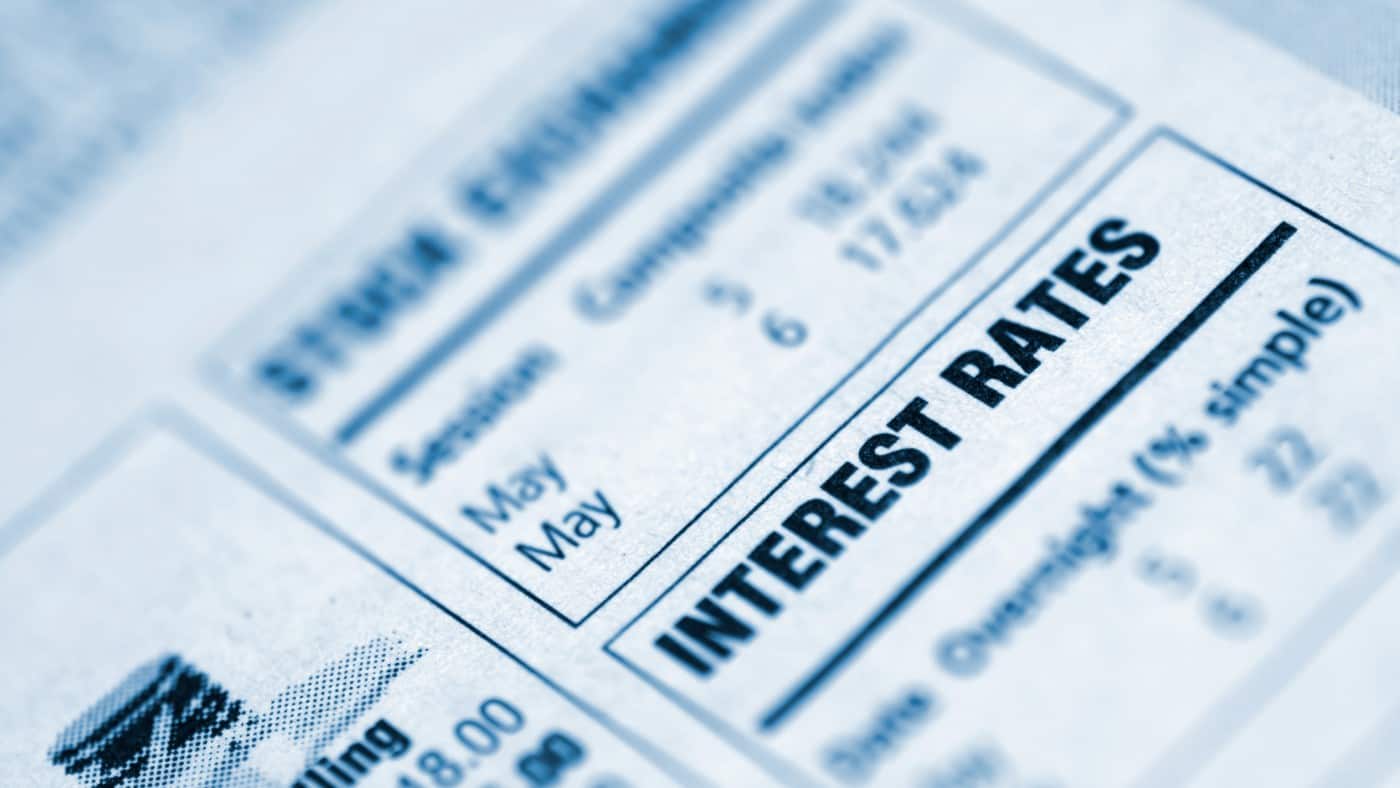The Bank of England has voted to keep its base rate at 0.1%. The decision has raised eyebrows among economists, as many had been expecting a rise to ward off rising inflation.
Here’s the lowdown on what the base rate decision means for mortgage holders and the wider housing market.
[top_pitch]
What is the base rate?
The base rate is the rate at which banks lend to one another. As a result, changes in the base rate can massively impact savers, mortgage holders and those looking for credit.
The base rate has been at an all-time low of 0.1% since March 2020. This is because the Bank of England (BoE) slashed borrowing costs to alleviate pressure on the UK economy caused by Covid-19.
What did the Bank of England decide?
The BoE’s Monetary Policy Committee voted seven to two in favour of holding the base rate at 0.1%. The outcome of the vote matched the result from the last time the committee met in September.
The BoE has been under considerable pressure to raise its rate in recent months, given that inflation is now comfortably above the government’s 2% inflation target. Just last month, BoE Governor Andrew Bailey said the bank would have to ‘act on inflation‘, which was seen as preparation for a rate rise.
According to the most recent Consumer Prices Index, UK inflation now stands at 3.1%, and many believe that raising the base rate would have been the most powerful tool to combat rising prices.
Despite this, it’s worth knowing that the stock market has reacted favourably to the BoE’s decision. The FTSE 100 climbed 20 points immediately after the central bank’s decision was announced.
As well as making its decision on the base rate, the BoE’s Monetary Policy Committee also voted to maintain the amount of its quantitative easing programme at £895 billion. This is in contrast to the US Central Bank, which recently announced it would begin to cut back on its bond buying.
[middle_pitch]
What does the new base rate mean for mortgage holders?
Due to the fact that a base rate rise was expected, some mortgage providers had already slashed cheap mortgage deals. According to Defaqto, the number of mortgages available offering sub-1% rates has dropped from 82 to 22 in the past week.
Now the BoE has decided to keep its base rate at an all-time low, mortgage providers may begin to relax the cull of cheaper deals. In fact, it’s entirely possible that the number of sub-1% may now increase over the coming weeks.
If you are looking for a mortgage, see a list of The Motley Fool’s top-rated mortgage deals for your options.
What will the impact be on house prices?
With the base rate staying at 0.1%, borrowing remains cheap. As a result, low-cost mortgages are probably here to stay for now.
Cheap mortgages can often lead to higher house prices. This is because many believe that the availability of cheap credit is the biggest driver behind soaring house prices.
On 3 November, the Nationwide Building Society released its House Price Index, revealing that the average house price is now more than £250,000. Following’s the BoE’s latest decision, it now possible that Nationwide will report a new record high when it publishes its next index.







